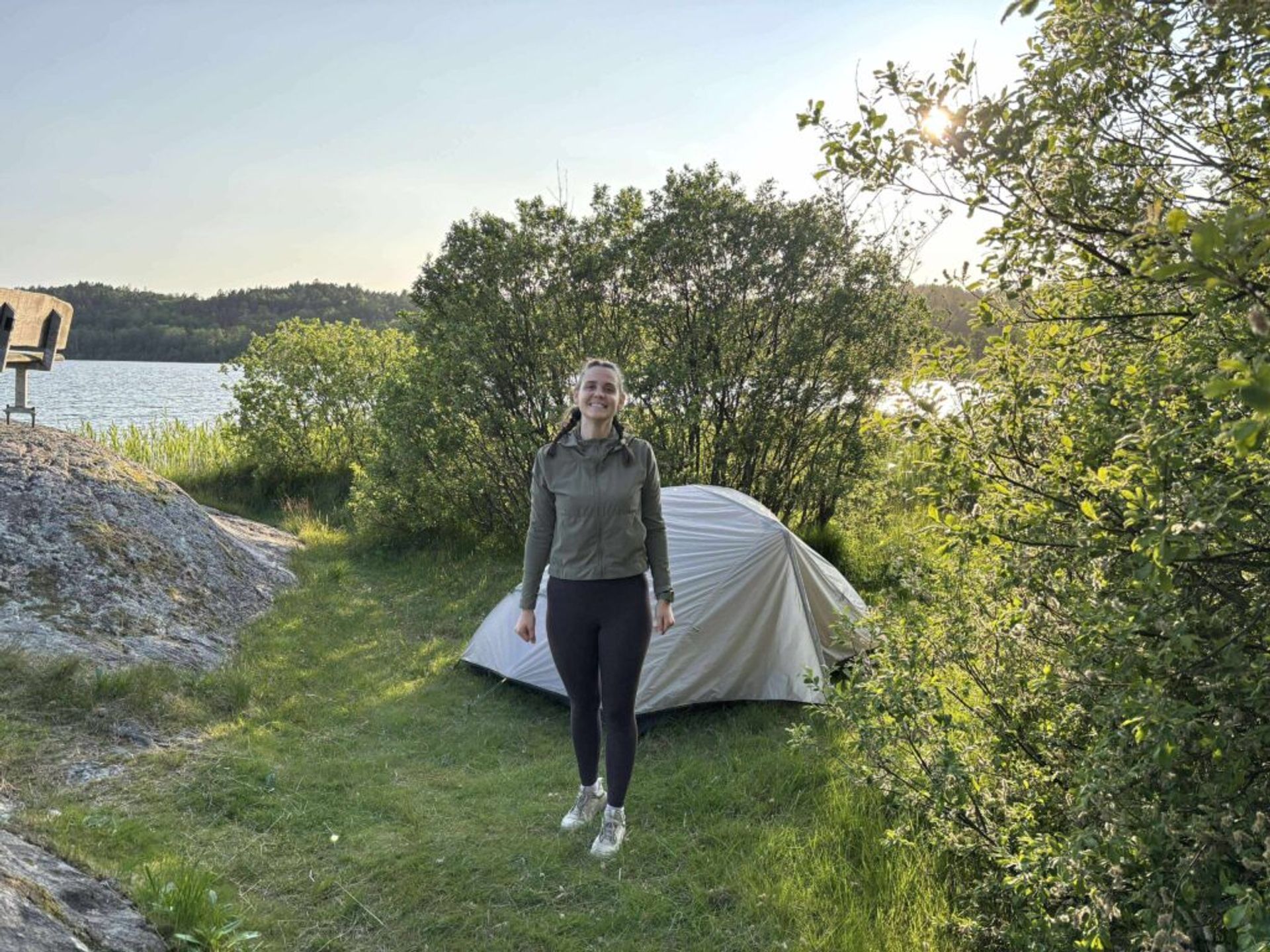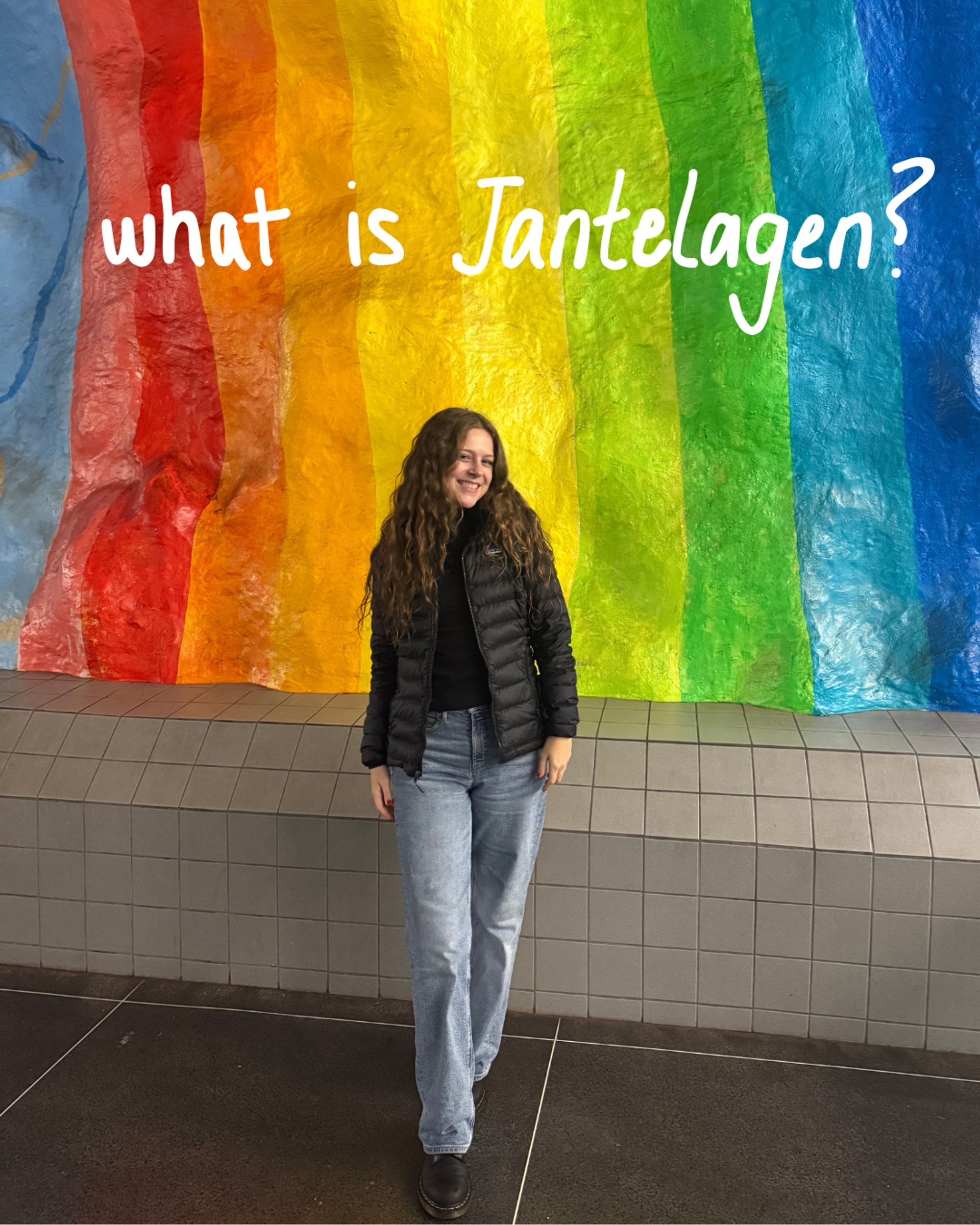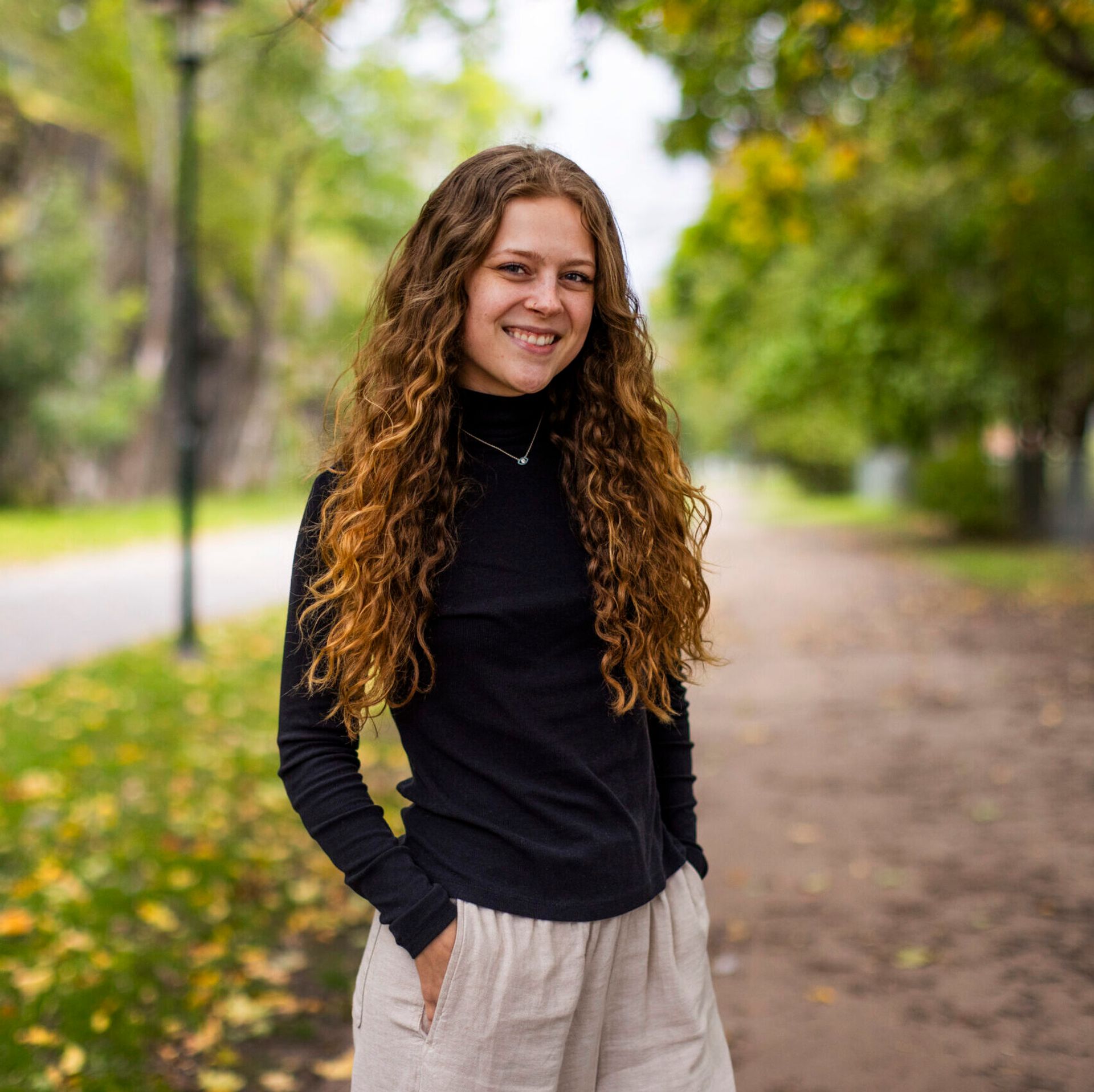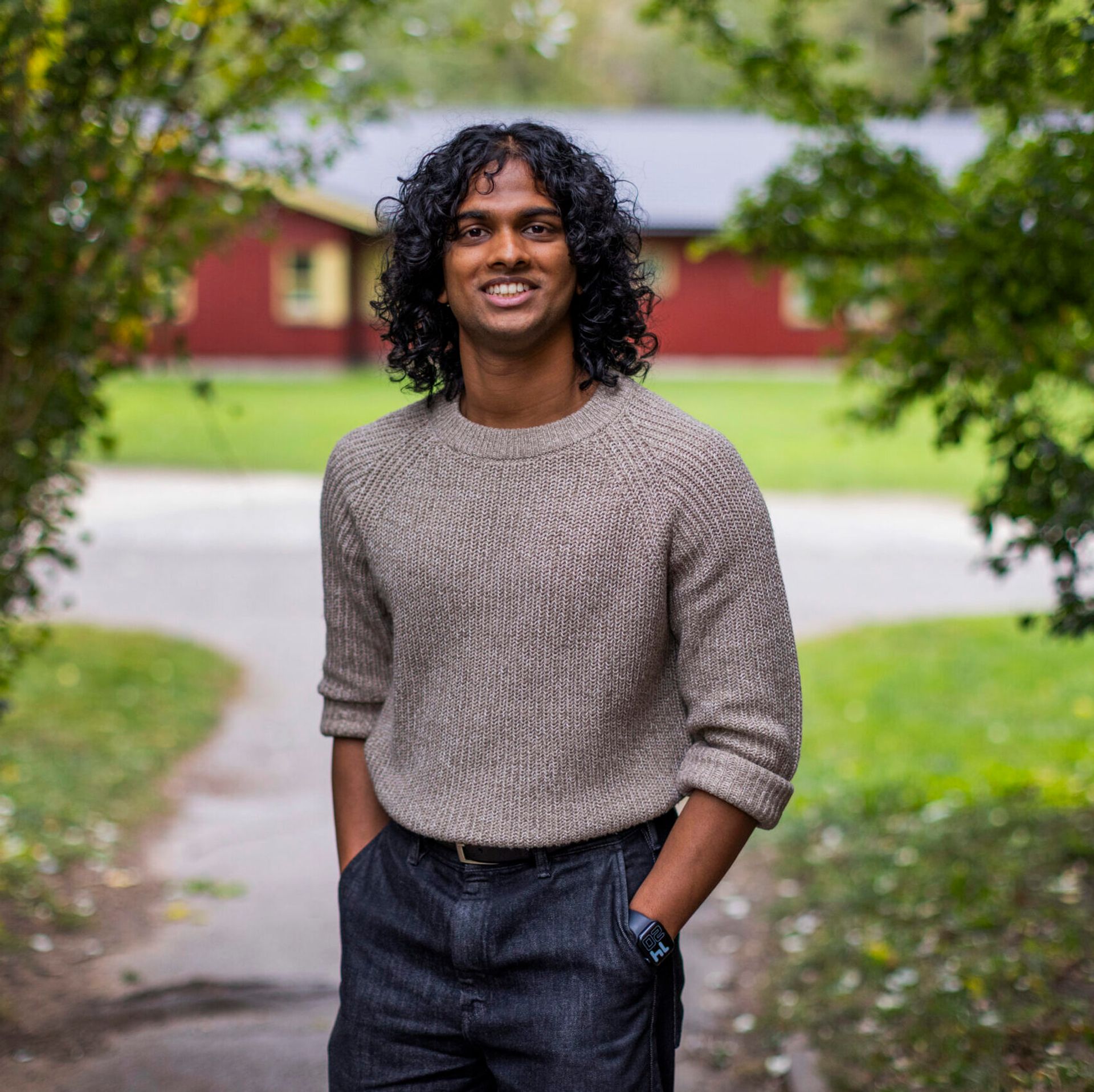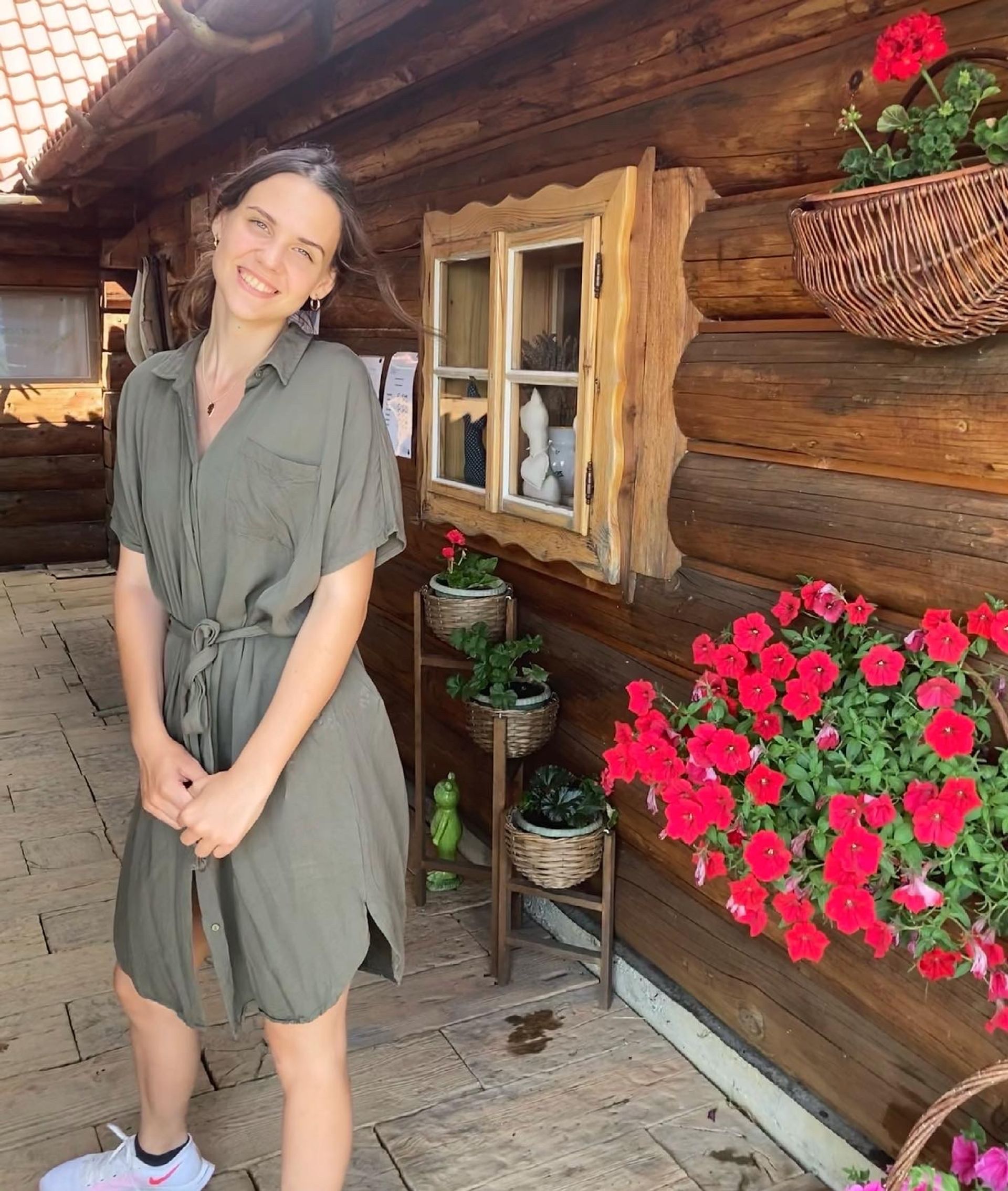
Written by Annamaria
05 Jul 2025
Hej! I’m Anna, originally from Slovakia, and a few years ago I moved to Sweden to study my bachelor’s degree in Biomedicine at the University of Skövde. Today, I’m living in Gothenburg, where I’m pursuing a master’s degree in Communication. It’s been a journey filled with new experiences, challenges, and growth, from figuring out Swedish bureaucracy to building a life and community here. I decided to write about my perspective because I’m from an EU country, and many students like me have questions about what it’s really like to move to Sweden as an EU citizen.
Why Sweden?
When I was applying for a bachelor’s degree, I didn’t have any extra budget for tuition fees, so I had to choose countries where the tuition fees were either low or the education was free for EU students. That meant staying in Europe. The other concern was that I wanted to study biomedicine, which was not offered as a bachelor in English in many EU countries. So I applied to Sweden, the Netherlands, and the UK (before Brexit). I got into Sweden and the UK, and Sweden easily won. The universities were well-recognised, and Sweden is known for investing in research and innovation. And if you can study in such an amazing country completely for free, how can you say no?
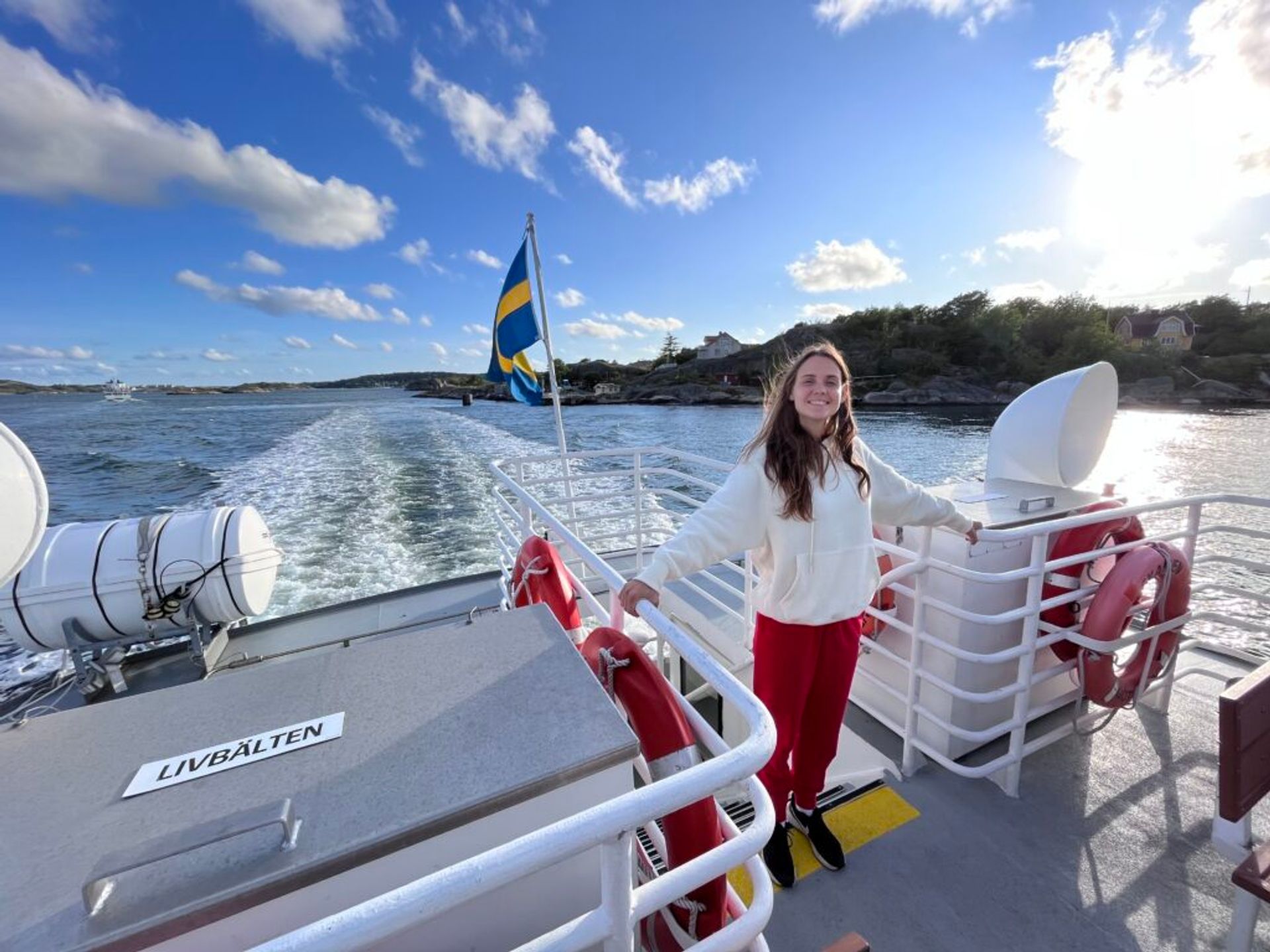
How was the application process?
University admission
The application process was super easy. University Admissions does a great job of answering all questions in their guides, and if you read through those, you’re going to be fine. I think the hardest part was ranking the programmes, as ideally, I would like to get accepted and decide later. But in Sweden, if you get into your first choice, the others are automatically declined. So, I began my studies at the University of Skövde.

Residence permit
As an EU/EEA citizen, I automatically have the right to reside in Sweden while studying here. The only thing I need to do is get a personal identity number if I plan to live in Sweden for over a year. So that’s what I did right after I arrived. I registered with Skatteverket in the Swedish Population Register and received a Swedish ID number. This gave me access to the Swedish healthcare system, bank account, gym membership, etc.
What were the biggest challenges?
For me, it was getting a bank account. The issue with the bank account was a bit different. My experience was that the people were quite rude and were not willing to open a bank account for a foreigner with no job. It was not enough that I was a student. I had to visit three banks before one decided to take the risk and open a student bank account for me (it was Nordea btw). It was a tiring process that took longer than necessary. Read more about this struggle.
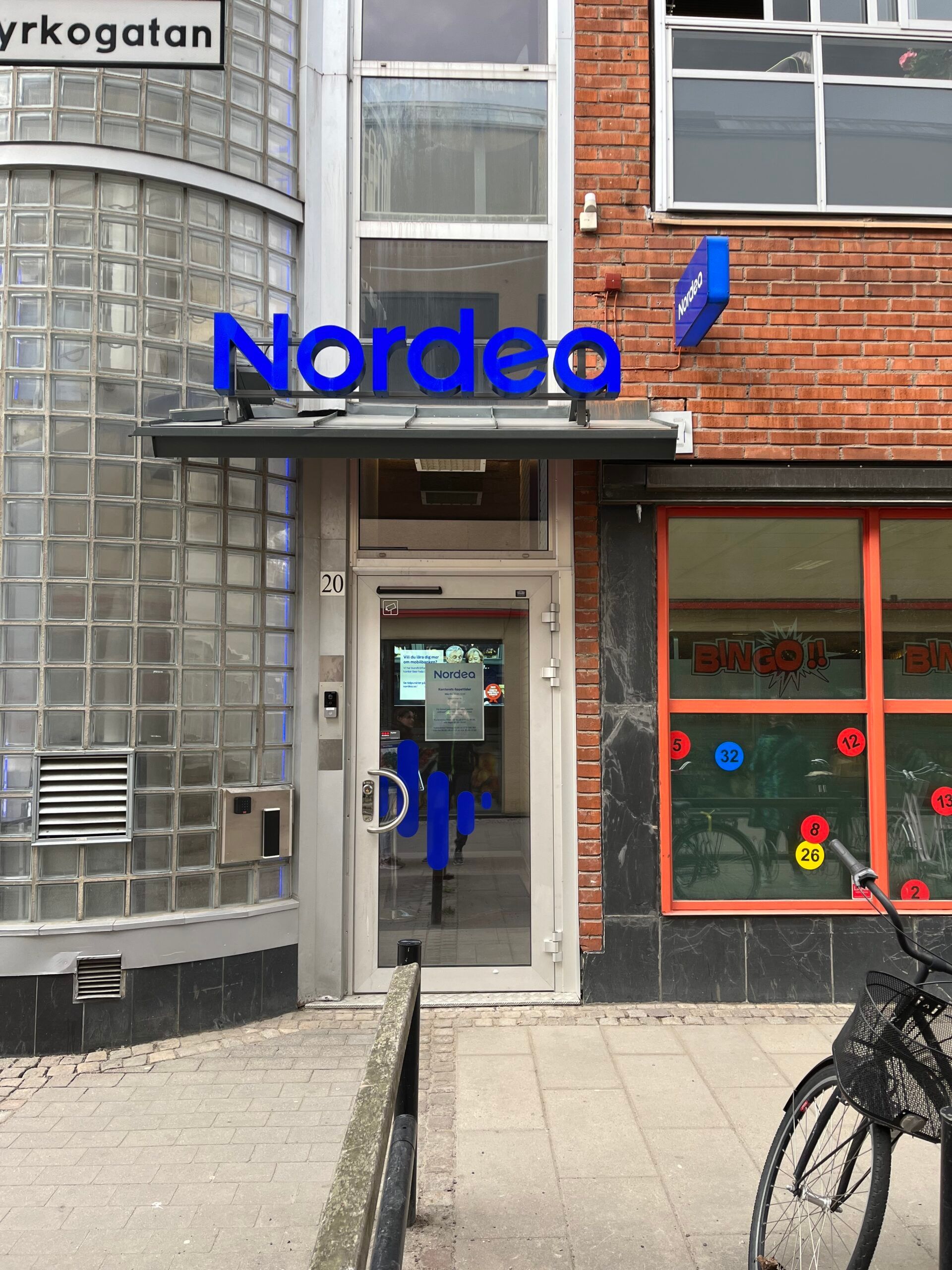
Was it hard to find accommodation in Sweden?
As an EU student, I don’t have a housing guarantee, and I was also moving to Sweden with my partner, so I thought I needed to search for accommodation outside of the housing offered by the university. So I began my search in early May on Blocket Bostad and in Facebook groups. But since I didn’t have a job or personal identity number yet, people rarely replied to messages. It was very frustrating. I finally found an apartment through a Facebook group two weeks after the programme started, and I was worried that it might be a scam anyway. Luckily, it wasn’t. Later, I learned that student accommodation in Sweden takes into consideration that you could be moving in with your family, so if you join the queue, you can usually apply for a larger student apartment, where you can live comfortably with your spouse.
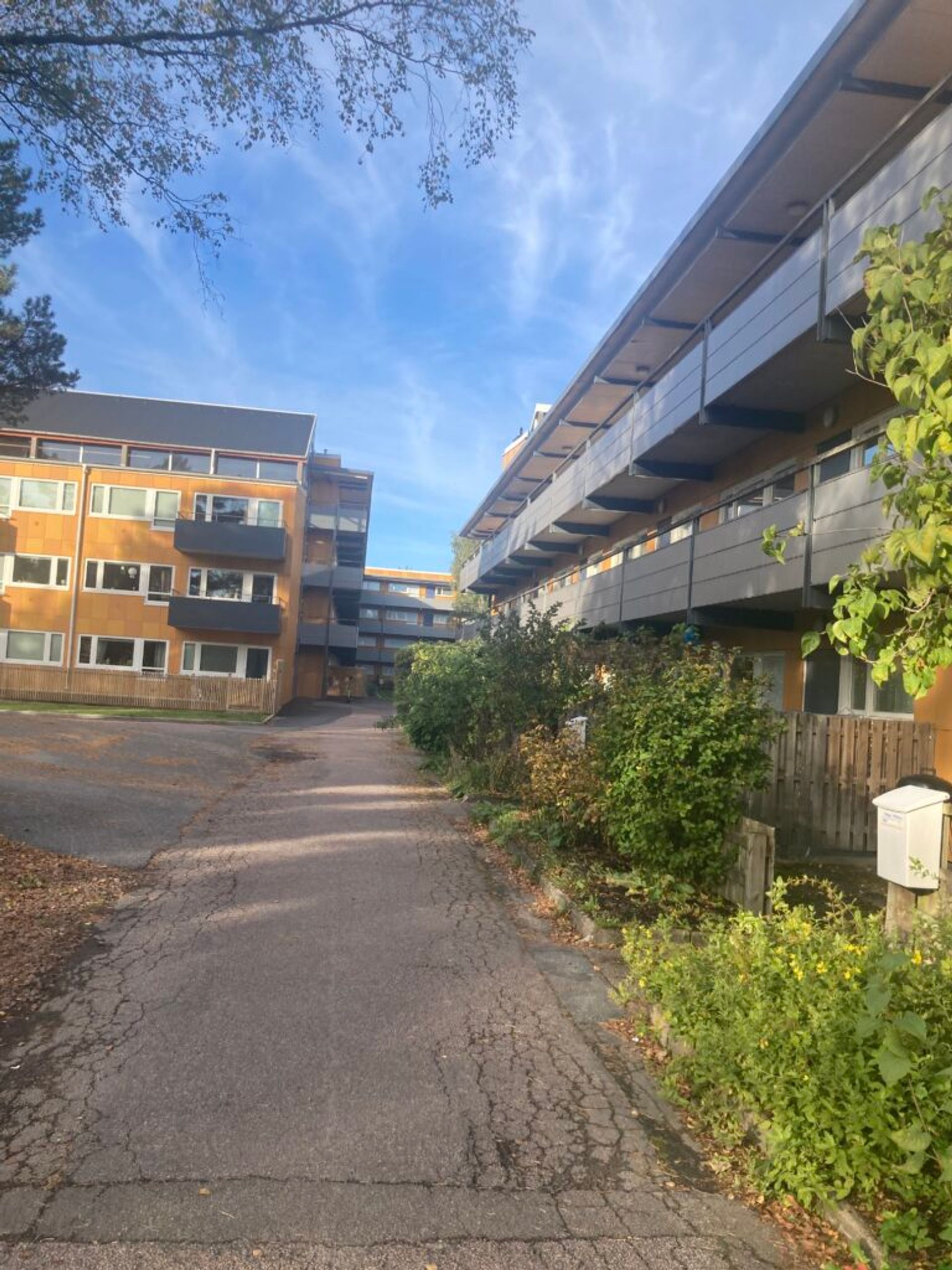
How do you manage your living costs?
Managing the living costs can be a challenge since Sweden is quite expensive. We had to get used to cooking in advance and preparing lunch boxes instead of relying on food offered by the university cafeteria, since it was pretty pricey. It helped a lot to have a part-time job, which I got after moving to Gothenburg. Some of the perks of living in a larger city compared to a smaller one. After working for a bit, I was also able to apply for a student financial grant called CSN, which helped me support myself in Sweden.
How would you describe the student life?
I started studying in Sweden right after the COVID-19 pandemic, so I would describe the student life as a bit slow. It was possible to join the student union, but they didn’t organise many activities during the first year. I found it difficult to get to know people. We also still had some classes on Zoom. I felt a bit anxious and visited the university health counsellor a few times.

It got better in the second and third years when I organised a few study groups and started to get to know some people better. I made friends that I am still in touch with today, and we had a lot of fun. I realised that maybe if I put myself out there a bit more, it would have been much easier. It was just so difficult after the pandemic, coming from a country with strict restrictions. Also, since I lived in an apartment with my partner, I was quite isolated from the social life in the student dorms.
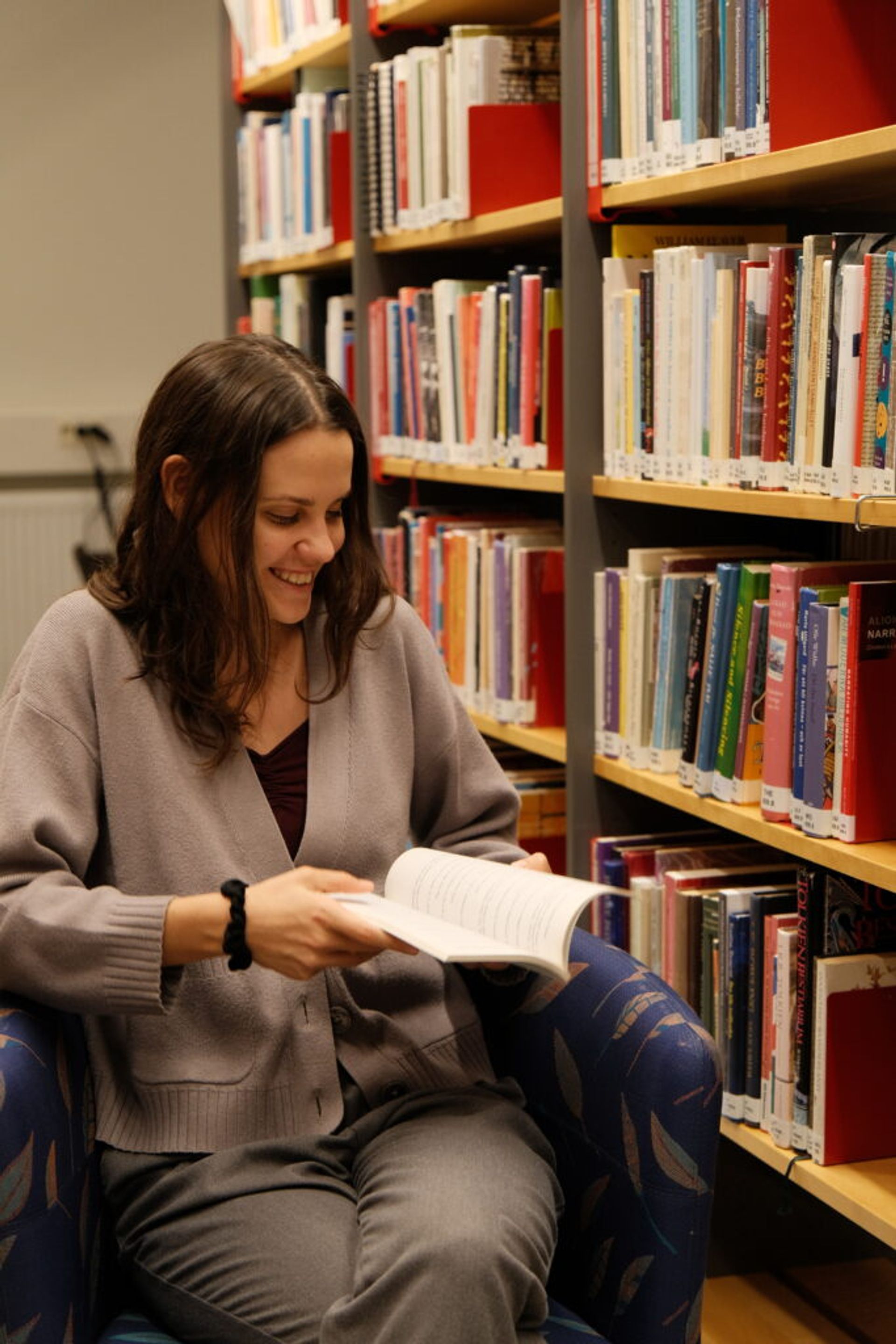
After my bachelor’s degree, I moved to Gothenburg to pursue a master’s degree. I also started working part-time. I can’t say I have fully gotten used to the reserved and private Swedish culture, but it definitely gets better every year. Now I have people around me that I can rely on and spend time with.
What were the biggest culture shocks?
I can think of several culture shocks, but the two biggest ones are how reliable the public transport is and how different the academic year looks like. I never thought it could be so easy to rely on trains and buses to get everywhere. Swedish public transport is so well-connected that it’s easier to use it than to travel by car.
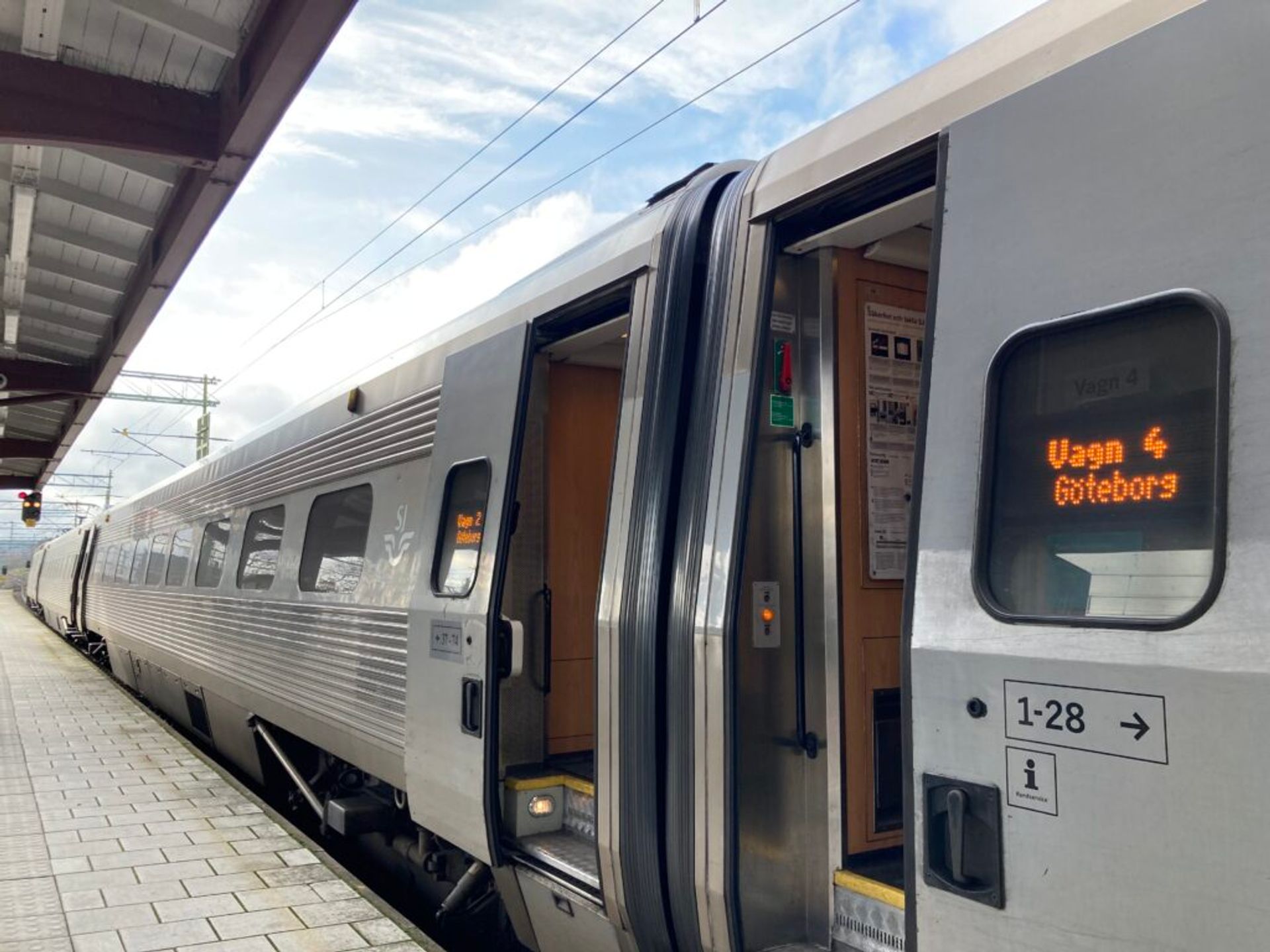
The academic year is structured in a way that you usually don’t have more than 5 courses per semester. This means that you have enough time to actually learn, not memorise, and to have a life while studying. The work-life balance is a real thing in Sweden.

Any final advice?
Explore Sweden as much as you can during your free time. Sweden is truly beautiful, and when you have the appropriate clothing, there is no such thing as bad weather, as the Swedes would say. So take hikes, bike rides, or camp under the Allemansrätten – freedom to roam for all.
